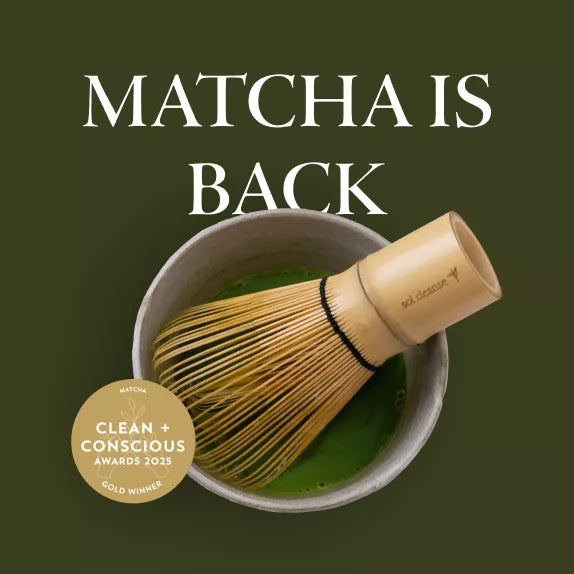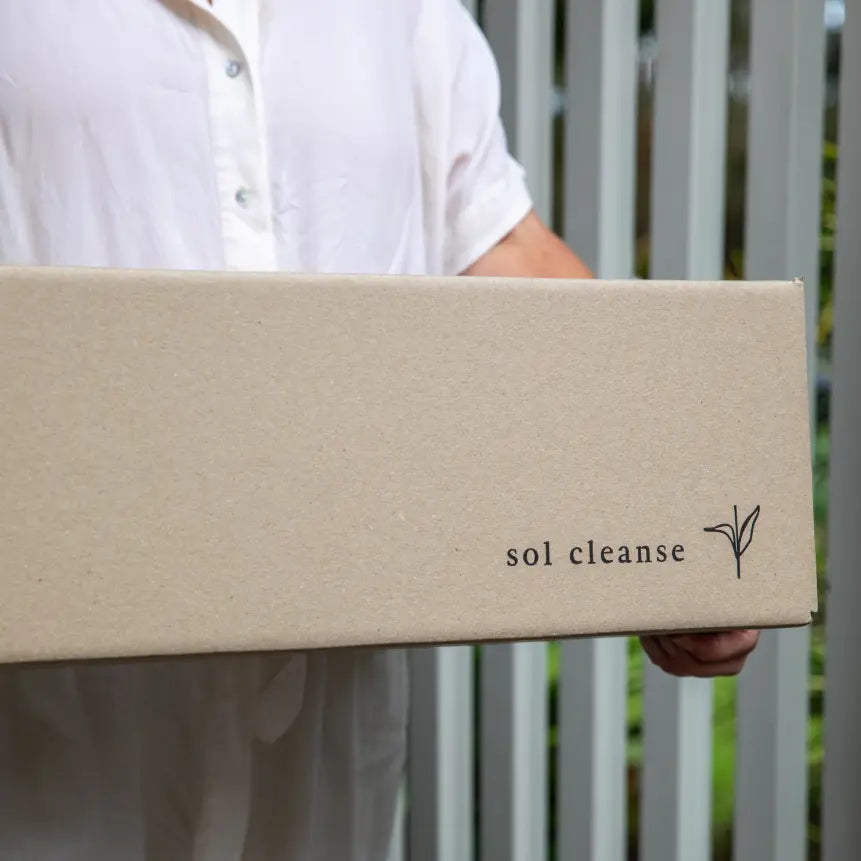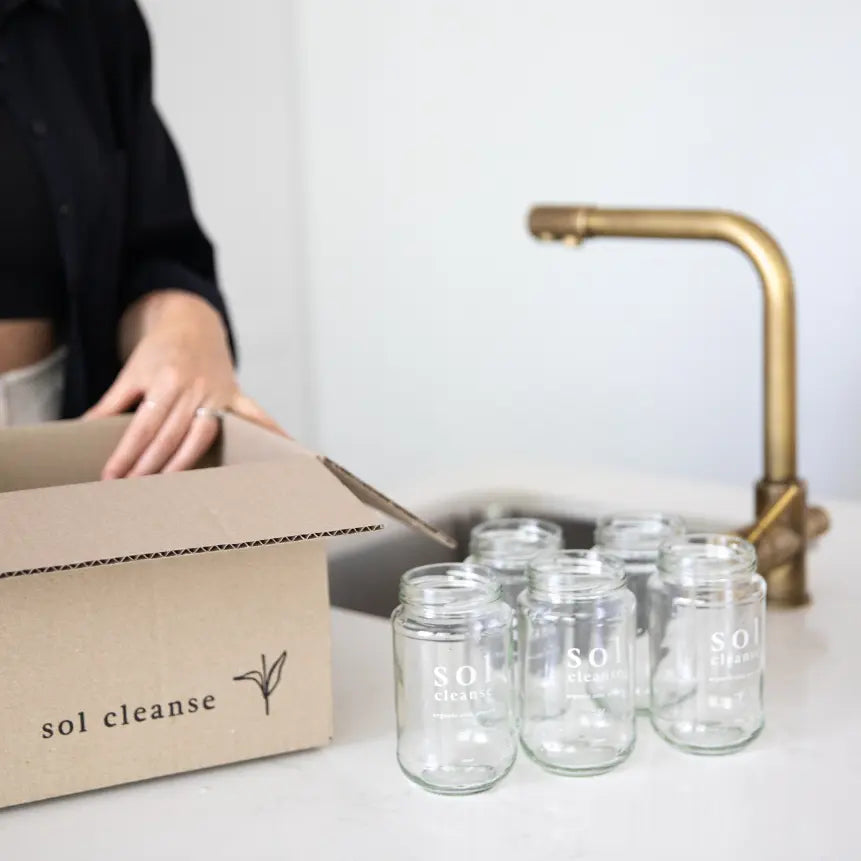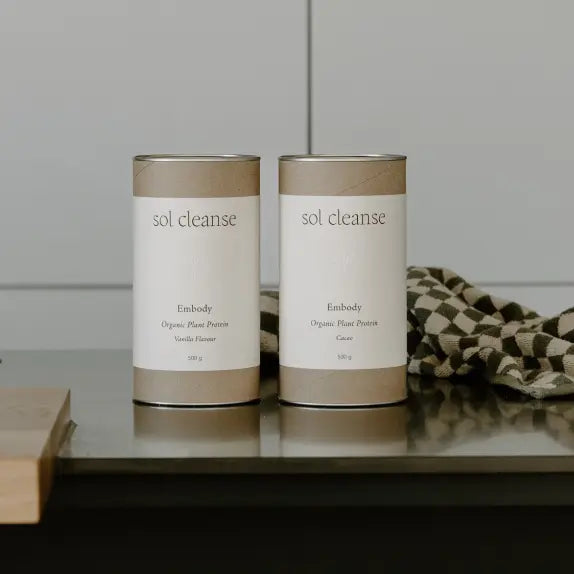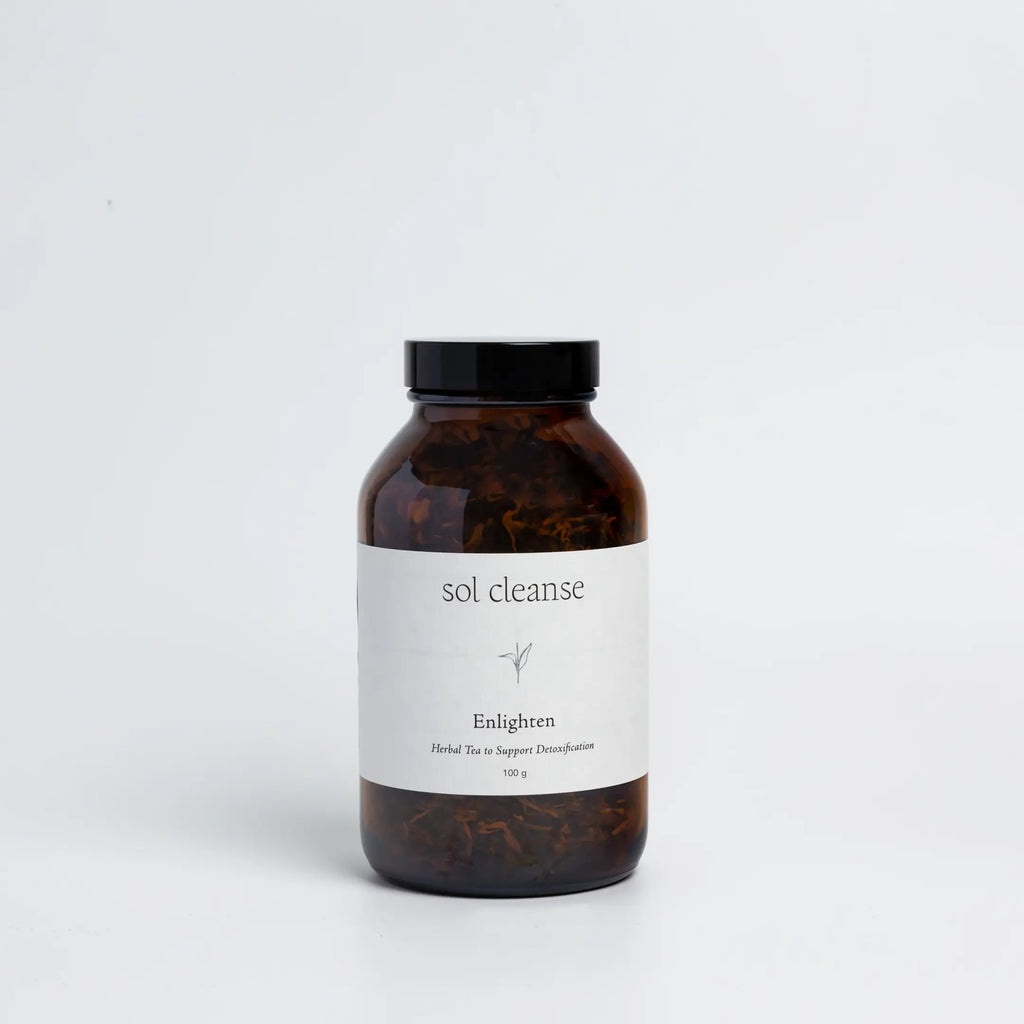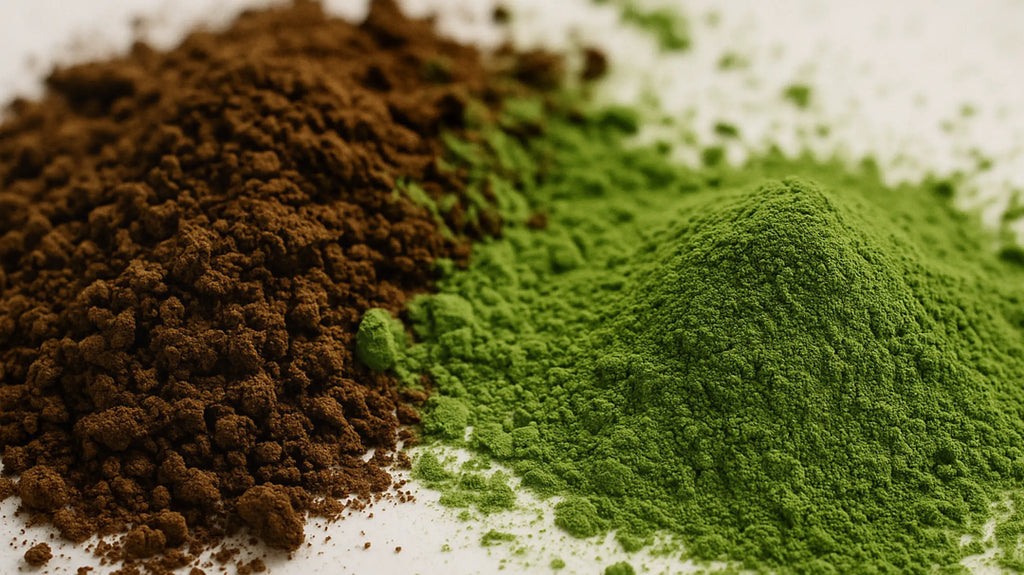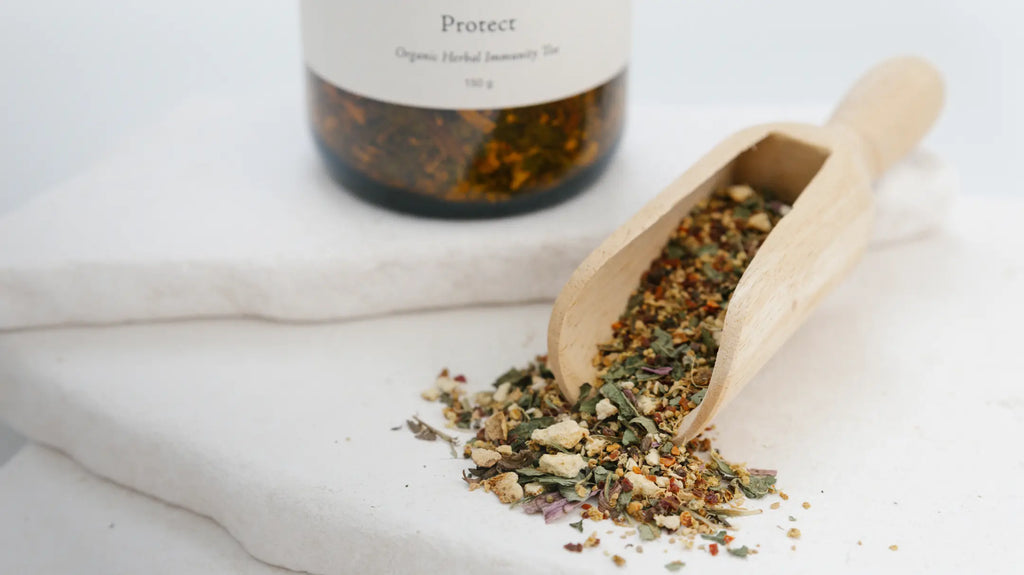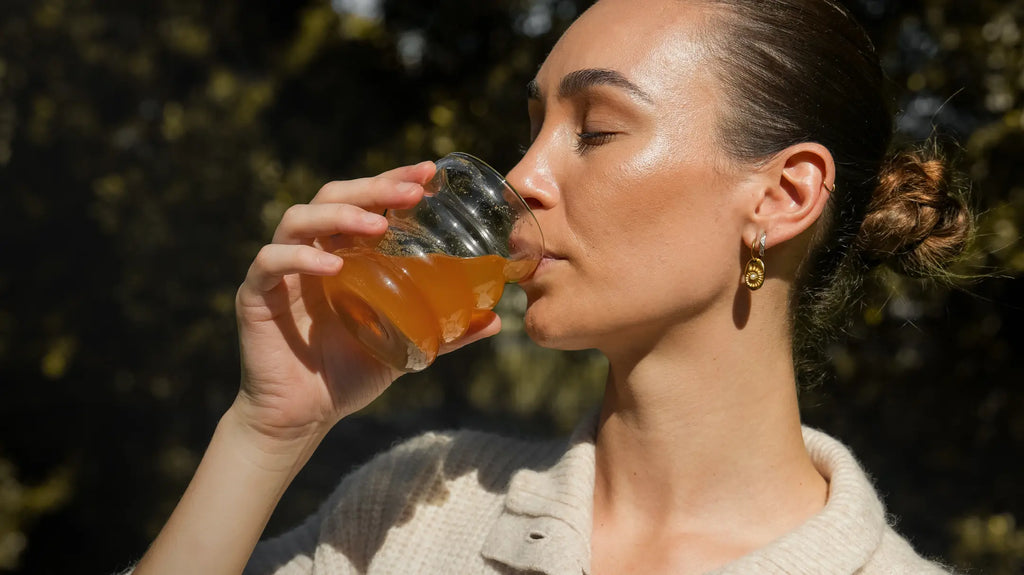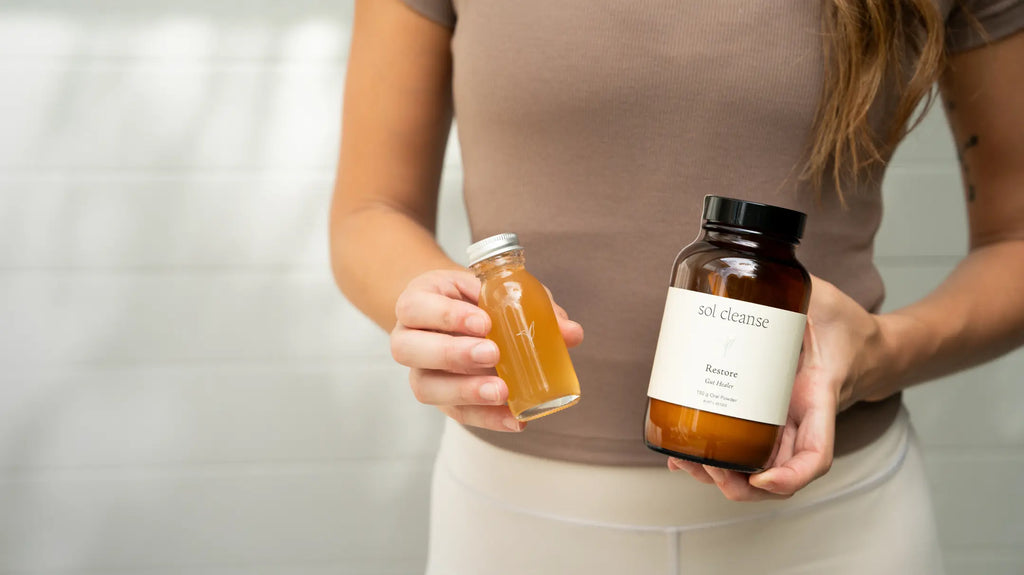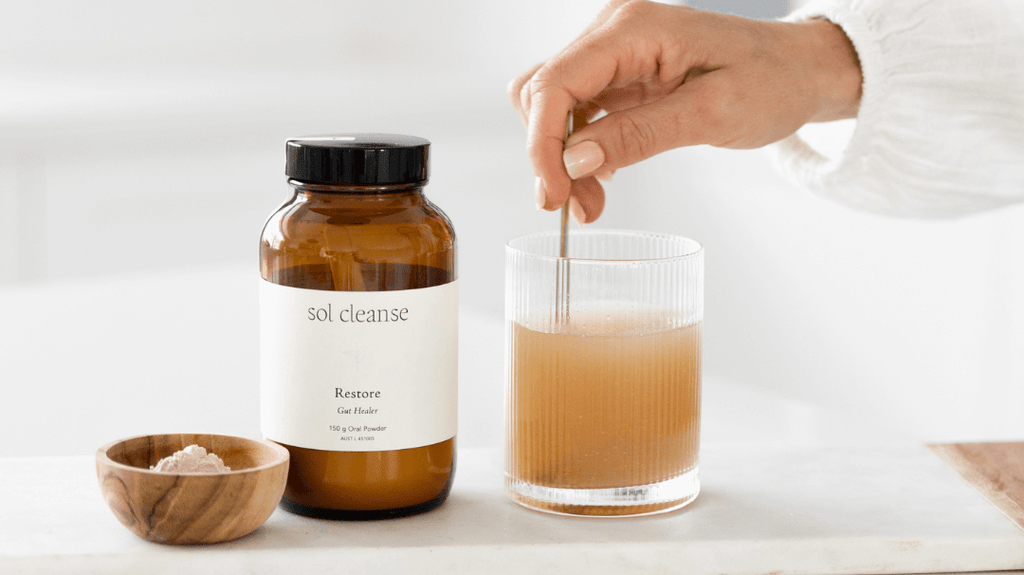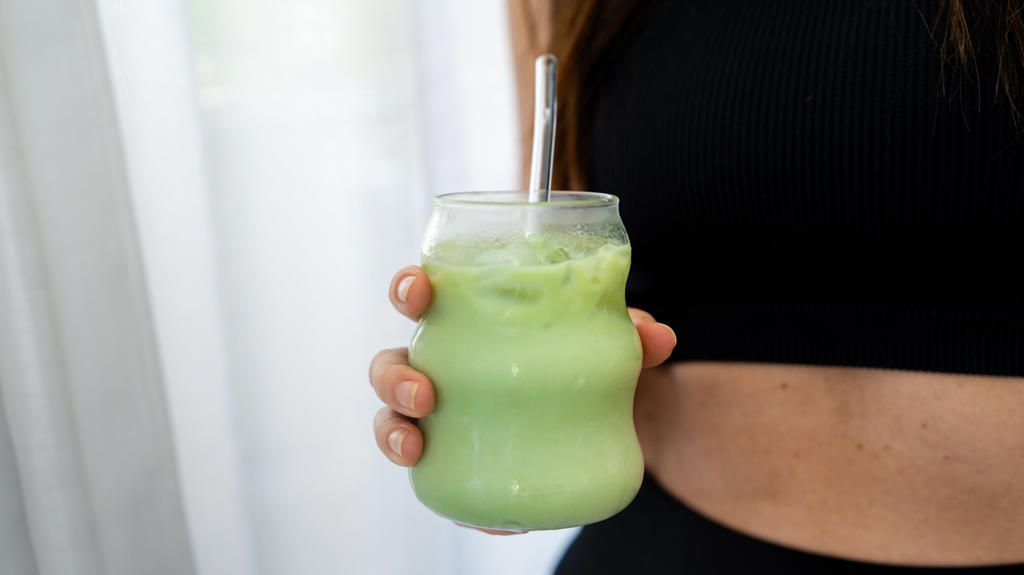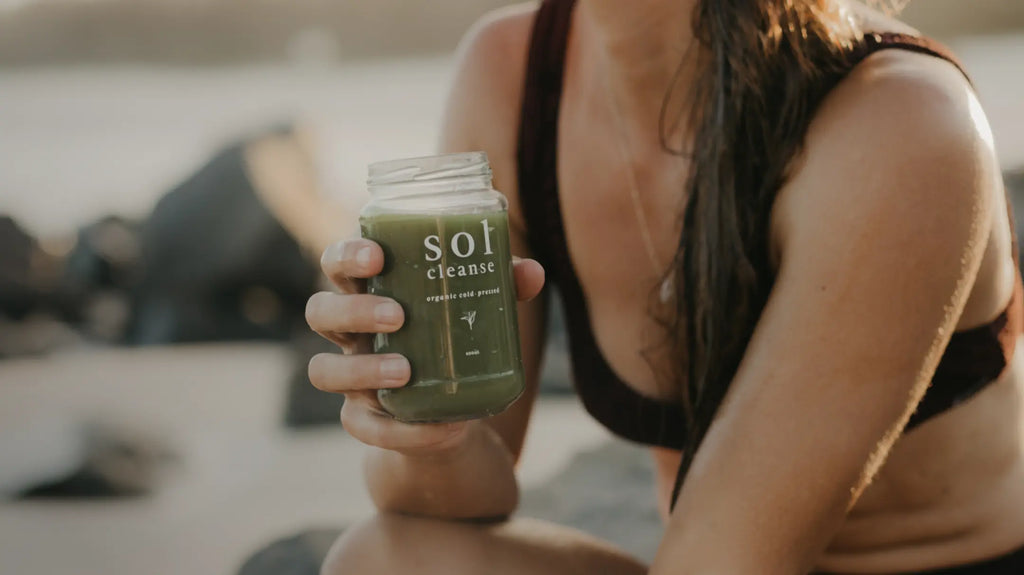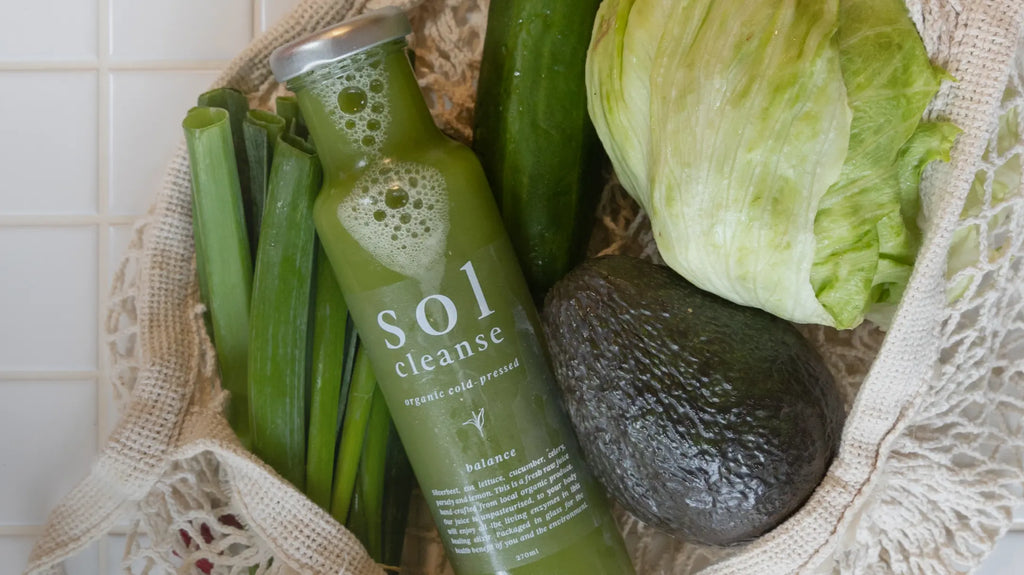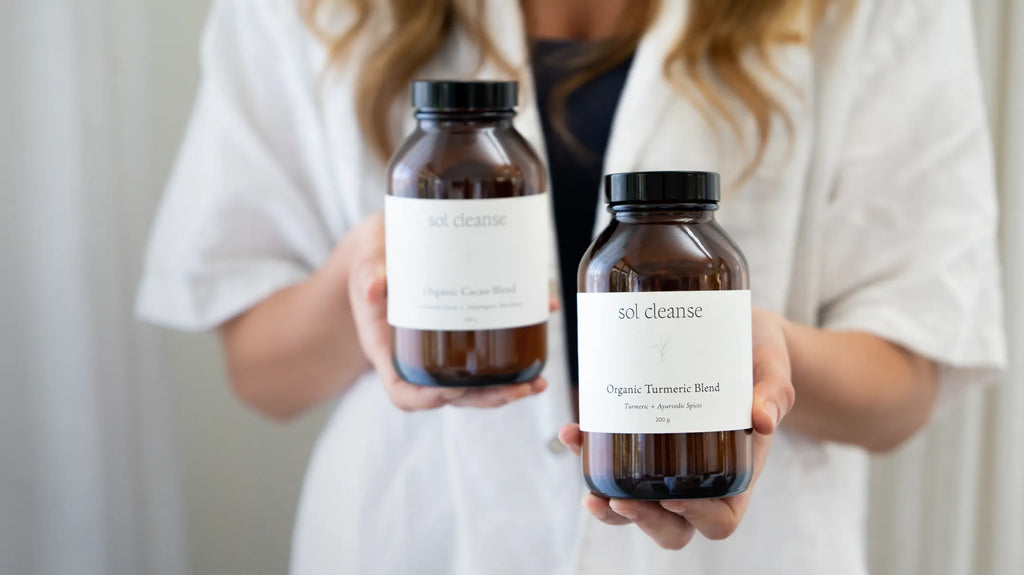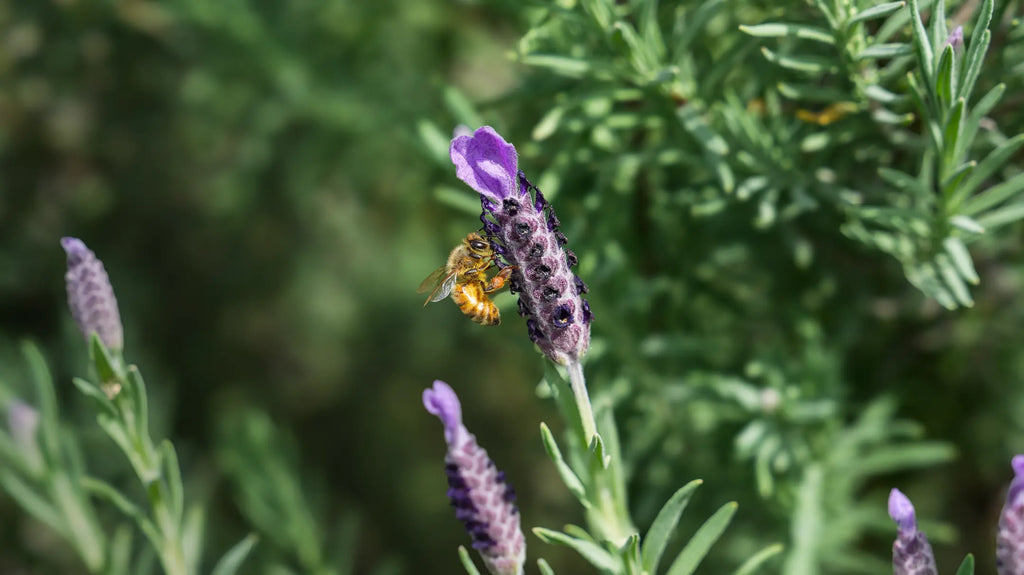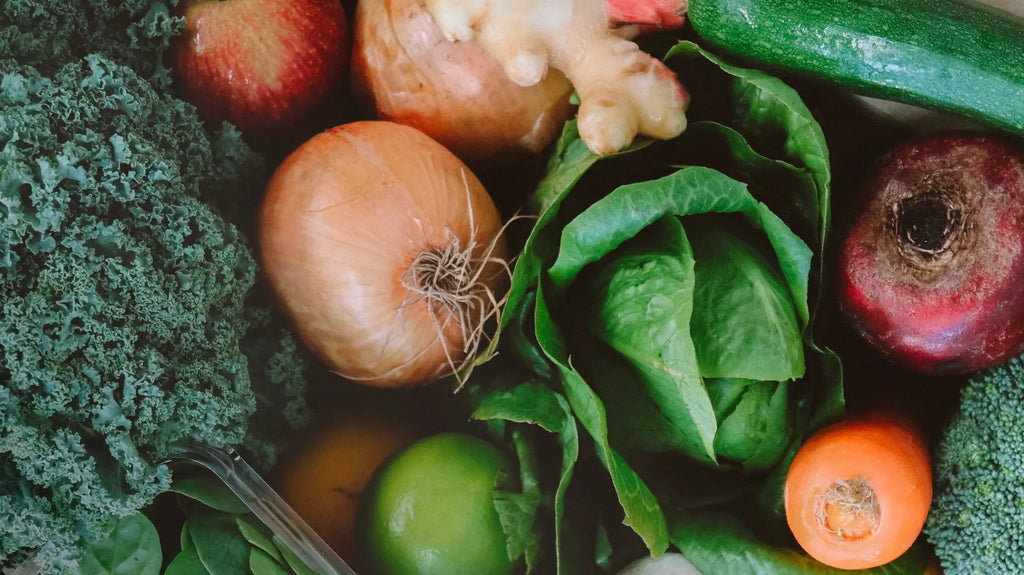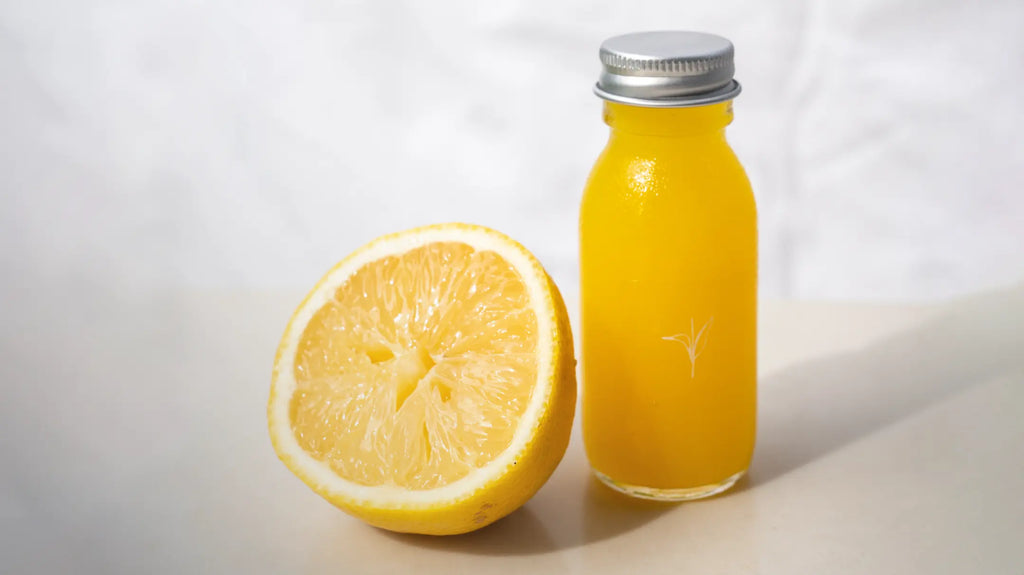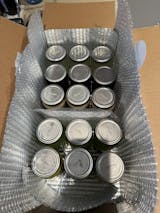Spring is a season of renewal and new beginnings - a perfect time to give your diet a much needed refresh! With Spring in full swing in Australia, now is the perfect time to reevaluate the health habits you've developed over winter, both good and bad, making any necessary changes. Let’s dive into some practical tips to help you thrive this season!
Eat seasonal produce
With Spring, and every season, we should always be focusing on eating the abundance of seasonal produce readily available. Load up on seasonal produce from your local farmers market including avocados, artichoke, broccoli, asparagus, blood oranges, mandarin, mushrooms and snow peas. Our latest seasonal juice, Freedom, is infused with blue spirulina, which gives it its stunning vibrant blue colour. It’s also packed with pineapple, apple, and lime, delivering a sweet and zesty flavour that's perfect for spring.
Consider detoxing
The beginning of every season brings the perfect opportunity to detox and hit the reset button on your health. Taking advantage of fresh, seasonal fruits, vegetables and juices is a great place to start. We like to use this time to give our digestion a break with one of our 3 or 5 day cleanse packs. Depending on what lifestyle you lead and what your body is needing at this time, there is a range of packs available containing both food and juices to help support your health.
Remove kitchen toxins
This is often an overlooked aspect of our health. Spring cleaning your diet can actually start with examining the products and chemicals you use in your kitchen every day. Reducing toxin exposure and lowering health risks associated with kitchen equipment and tools can be done in several ways. The main culprits to watch out for include:
- Bisephenol-A (BPA)
- Cadmium
- Perfluorinated chemicals (PFCs)
- Polytetrafluoroethylene (PTFE)
- Polyethylene (LDPE) and polyvinylidene chloride (PVDC)
Over time, toxins and chemicals from cookware can leach into food, potentially leading to a range of health issues, from mild to severe, lifelong conditions. One of the most serious risks associated with toxin exposure is an increased likelihood of developing certain types of cancer. For instance, products containing cadmium and PFAS are particularly linked to cancers of the lung, kidney, testicles, ovaries, thyroid, and more.
Eat mindfully
Mindful eating means being fully present during meals without judgement, tuning into your body’s natural hunger signals to determine when to stop eating. This skill is valuable at any stage of your health journey and often involves minimising distractions, eating slowly, being aware of how the food affects you, and paying close attention to your hunger cues. A simple way to begin practising mindful eating is to establish regular meal times. This routine helps you stay connected with your body's hunger hormone signals and enhances your relationship with food. Even those of us who practise mindful eating regularly can sometimes slip back into old habits subconsciously. The start of each new season presents a wonderful opportunity to check in with yourself and assess whether you are truly eating mindfully.
Filter your water
The Australian Drinking Water Guidelines state that drinking water "should contain no harmful concentrations of chemicals or pathogenic microorganisms, and ideally it should be aesthetically pleasing in terms of appearance, taste, and odour." While we have strict regulations to ensure the safety of its drinking water, some contaminants can still make their way into the water supply, especially in remote regions.
Why drink filtered water?
-
Removal of Chlorine and Chloramine:
In Australia, chlorine and chloramine are commonly used to disinfect tap water. While these chemicals are effective at killing bacteria and viruses, they can lead to long-term exposure to high levels of chlorine by-products, which has been linked to an increased risk of certain cancers and other health issues.
-
Reduced Heavy Metals: Some regions in Australia may have trace amounts of heavy metals like lead, copper and mercury in their water supply. This is often due to ageing pipes and plumbing systems. These heavy metals can cause significant health risks, including neurological damage and an increased risk of kidney and liver problems.
-
Removal of Pesticides and Herbicides: Agricultural practices can lead to the runoff of pesticides and herbicides into local water supplies. These chemicals can linger in the water causing health risks, such as endocrine disruption and even cancer.
-
Removal of Microplastics: Recent studies have discovered microplastics in water sources, including tap water. While the long-term health effects of ingesting microplastics is still being studied, choosing filtered water is the safest option.

